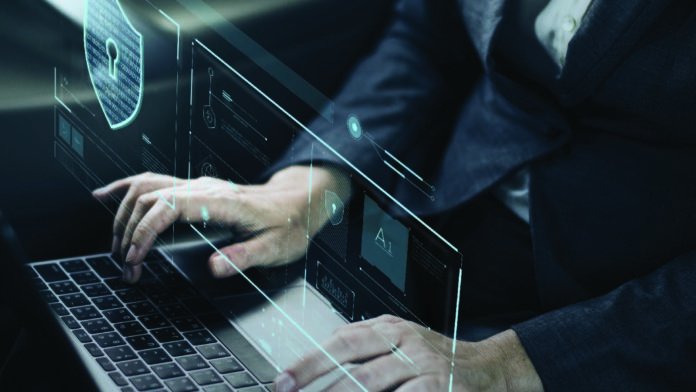Recent government orders imposing work from home restrictions in many countries have increased the need to take a deep look at information security at workplaces.
3 New Insights on Hiring Cyber Security Experts
The UK government has asked employees to work from home as much as possible. This shift to remote work will pose several new challenges for enterprises, as already the attacks on APIs are rising. The new norms necessitate the need to recognize cognitive human biases which affect security infrastructure and provide more robust systems to support telework.
Optimism as a Bias
When we hear about negative events impacting others, a part of our mind says, ‘this is unlikely to happen to me’. This is human nature, which has evolved to tackle difficult situations, and remain optimistic in the face of grave dangers. However, this survival instinct may lead us astray in the case of cybersecurity. According to recent reports, cybersecurity is becoming a global concern and most financial institutions report cybersecurity incidences once in their lifetime. This bias is common across different genders, races, and age groups. Moreover, it is estimated that detecting and reporting incidents within 200 days can save enterprises as much as $1.2 million. Hence, it is essential for organizations to be aware of this bias, and put in place a knowledge-based response to looming cyber threats.
Fatalistic Attitude
As human beings evolved, we learned to depend less on nature, and take charge to meet our needs for survival. However, despite our attempts for innovation, we often fall short on averting crises like climate change, among others. This motivates fatalistic tendencies to ignore issues, which are seemingly beyond our control. As cyber defense technology is relatively new, and information regarding advanced solutions remains limited, it encourages thinking about cyber-attacks as inevitable. This results in news reports, which claim everything is hackable, and it is very little we can do in stopping phishing attacks, among others. As employees increasingly work from remote locations, and vulnerabilities in cyberinfrastructure continue to emerge, we need to remain vigilant, and proactive in dealing with cyber threats. For example, recently ransomware has made its way into many networks, as employees avail more entertainment, while they work from home. In order to tackle these challenges, enterprises have access to remote monitoring solutions, and they will need to step security in the future to tackle these challenges.
Human Beings as Solution
We have also inherited paranoia, and suspicion of each other as part of corporate establishments. However, according to leading cybersecurity experts, we need to see human beings as solutions in order to tackle the grave threat of cybersecurity. For example, it would be far more potent for network security if employees understand the ramifications of updating their windows, and anti-virus software, and undertook these tasks regularly. Moreover, when we feel that we are part of something bigger than ourselves, there is the immense motivation among human beings to reciprocate with a positive response.
In order for enterprises to tackle issues of cybersecurity, they will need to tackle cognitive and material biases, in order to define workplaces of the 21st century. These workplaces can be far more productive, and enterprising with a positive, and knowledge-based assessment of cybersecurity infrastructure.









